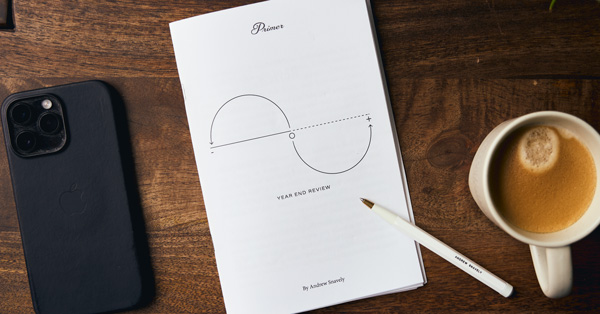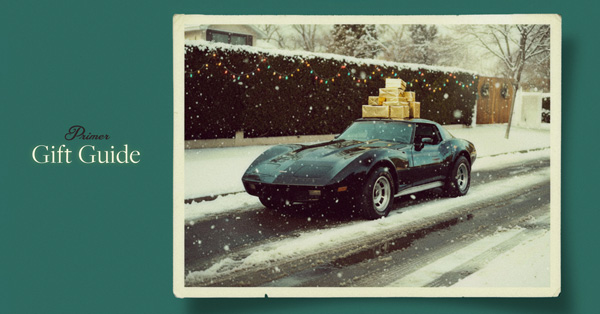You’ve seen the Facebook posts.
“Hey everyone! I’ll be in town around Christmas for one week. I’ll be busy the whole time with family except Thursday between 3:30 PM and 8:00 PM. Text me if you want to hang. I want to see YOU!”
A few friends like the post. Maybe one or two guys chime in: “I’ll be in town, too! Let me know if you want to hang out.”
But then it never happens. The vague sentiments of wanting to meet up never really materialize into actual plans.
What gives? Is it pure logistics? Are we really that busy? Or is it that everyone enjoys the idea of hanging out with old friends more than they actually like doing it?
Turns out it’s both. But being unable or unwilling to make time to get drinks over the holidays is indicative of something else: the slow fade of old friendships.
This is the Age When We Start to Lose Friends
Losing touch with old friends can feel tragic. Maybe even shameful. It feels like you’ve left a garden untended and it’s withered from neglect. But in reality, it may be more normal than you think.
That’s according to a recent scientific study that took a look at how many friendships we maintain as we grow older. For both men and women, there’s a certain age when the number of friends we have peaks. That age? Twenty-five. After that, friendships start to decline.
To get those numbers for the study, they analyzed mobile call detail records. Previous studies show that the frequency of phone contact—that is, actual phone calls, not SnapChats or Facebook reactions—correlate with how often we see family and friends face-to-face. These tend to drop off significantly as we move deeper into our 20s and 30s.
Part of this is pretty obvious. This is the age when men and women tend to marry and settle down with jobs and kids. It’s a simple matter of time budgeting—you no longer have the time or energy to hang out.
But the study highlighted another interesting phenomenon that explains the dynamics of who makes the cut when you downsize your social circle. Apparently, there’s some order to the slow fade of friendships.
You Met Me at a Very Strange Time in My Life
The best way to understand why you lose friends is to first understand why you made friends in the first place.
So, if you don’t mind, please take a step into my time machine. Reach over to that dial on the right—yeah the one with the hourglasses and alarm clocks on it—okay, now crank it back to “10 years in the past.” Now, push the big white button with the black spiral on it. Yeah, no, you gotta hold it down for a few seconds to—whoooaaaaaa!!!
Oh man where are we? I can’t see anything, but I can hear something on the college radio station. Is that The White Stripes – Blue Orchid? No, wait it sounds more like Arcade Fire’s Neighborhood #2 (Laika). I think I just heard someone do a Borat impression. And is it just me, or does it feel like someone just took out a NINJA mortgage?
Oh yeah, it’s all coming into focus now. We’re in 2006. And look, there’s the high school we both graduated from! Let’s take a look inside.
Yep, there’s the locker room where you got your ass kicked by Billy Hannigan after your made fun of his skinny ankles. Remember how we got wasted that weekend and buckled a dead racoon into his backseat for revenge? That was disgusting, we were so stupid. That was the year when you lost your virginity to that manager at Burger King, right? I’m 100% sure that’s why you lost your job there, man. She told everyone that it was the most awkward thing to happen to her. I don’t know why she kept calling you all summer.
You get the idea. A lot happens to you between the ages of five and 25. And you form incredibly strong bonds with the people who were there when it happened. It’s a bit like having a war buddy. It’s all about the shared experiences.
There’s another thing, too, about being a teenager and making friends. When you are young, you are what the scientists in the losing friends trend study call “socially promiscuous.” They say:
“[This] could be interpreted as a phase of social sampling in which individuals explore the range of opportunities (both for friendships and for reproductive partners) available to them before finally settling down with those considered optimal or most valuable.”
Sounds a little sociopathic put in cold language like that, but it’s really not. When you are in your adolescence, you are on a journey of discovery to find out not just what kind of people you like, but what kind of person you are like. This is true whether you know it or not.
And then here’s what happens:
The year when your dad went into the hospital, turns out you were really into The Cure then and so was that girl in shop class. She was awesome.
And then remember when you got accepted into Villanova, but you were on the outs with your best friend at the time? Who’d you tell instead?
And isn’t it funny that after all those phases and feuds and shifting of friends in your social circle, your best bud by senior year was still that dorky kid who was your bus buddy in 4th grade?
As significant and special and magical as your close friendships can feel, how they came to be is truly chaotic. To a large degree, it’s just a matter of who was there when the big thing happened to you. Who answered the phone that night when you were freaking out. Who high fived you when you scored that touchdown.
What’s strange and beautiful about all that is that you end up being friends with people who might be very different from you. You might not have the same interests, values, or socioeconomic backgrounds as them. But you are in this together, so damn it, you’re friends.
So, I think we’re done here. Let’s hop back into the time machine. Yeah, go ahead and hit the “back to the present” button. Zip.
The holidays are over. You are sitting in the airport terminal, burned out from wrestling the nephews and nieces and hiding your true political views from your uncle. You scroll through your Facebook feed and realize that you never got drinks with your one bud. Lamenting, you write in his feed:
“Hey, sorry we didn’t get to catch up! Just got so crazy busy. Better luck next year! Hit me up if you’re ever in the Boston area.”
Suddenly Everything Has Changed
Or maybe that didn’t happen. Maybe you did meet up. You know, you’re both over 21 now, so you don’t have to hang out in your mom’s basement shotgunning Keystone Ice cans still hot from their hiding place in your trunk. Instead, you hit up the townie bar. When you get there, he goes in for the handshake while you go in for the hug—was that the right thing to do? At the bar, both of you are sort of out of your element. The TV is loud. You ask about his job and ask if he still plays the saxophone. He talks about shared acquaintances. And between you, there is this massive void.
The void is the 8 years that have passed where you didn’t share experiences. Where you continued to grow up, but in a more purposeful and conscious way. Where you decided on a major, picked a city to start a career in, and committed to a girl that you’re going to propose to on New Year’s Eve. Where you identified those personal demons that held you back from your potential and vanquished them through discipline and further self-discovery. Where you came to terms with the formative traumas of your youth, or maybe at least put them in a tightly sealed box.
Those things that you either boxed up or buried—those are the things that made you two friends. And so there’s a strange dissonance. You are used to seeing this person and feeling that deep connection of a shared experience—something raw and immediate or scary and big. When he brings up the glory days, it somehow rings hollow in the same way that your explanation of your new startup venture rings hollow to him.
It’s very, very sad in a way.
But it’s not abnormal. And it’s not wrong.
In a column entitled The True Meaning of Friendship, Dr. Alex Lickerman M.D. wrote that there are four big things that draw people together as friends: common interests, history, common values, and equality. As you grow up and apart, three out of four of those fade quickly. In five years, all you’ll share with someone is history.
On history, Dr. Lickerman writes “[n]othing ties people together, even people with little in common, [more] than having gone through the same difficult experience. As the sole glue to keep friendships whole in the long run, however, it often dries, cracks, and ultimately fails.”
This is what we tend to share as we grow older—old friendships based on history. On the common interests front, you may find that you and your buddy simply aren’t on the same page. You’ve both matured beyond whatever phase you were in when you met during high school or college. Or maybe you never shared common interests or values. Maybe the glue was just shared experiences and equality, as you supported each other through tough times.
The point is that you need more than one of those four aspects in order for a friendship to stay strong. Common interests matter big time. According to Dr. Lickerman, common interests tie us closer to our friends than many would like to admit. “When our interests diverge and we can find nothing to enjoy jointly, time spent together tends to rapidly diminish,” he writes. “Not that we can't still care deeply about friends with whom we no longer share common interests, but it's probably uncommon for such friends to interact on a regular basis.”
When friendships fade, it’s not necessarily a bad thing. Neither of you has failed the other as a friend. The relationship you had in your youth is in no way devalued because it hasn’t endured.
Some Things Gold Can Stay
There are friendships that fade. And then there are the friends that stay solid no matter how much time passes. I have those. There are guys who I might go years at a time without seeing, and then when we hang out, it’s like we just pick up right where we left off.
With one guy, I keep in regular contact with him, but we never do the “catching up” thing. We send each other one line email or links or complete non sequiturs throughout the week. When we meet face-to-face, it’s pretty much the same thing. It’s almost like one continuous conversation.
Then there are guys who I won’t have any contact at all with for years. No Facebook back and forths, no phone calls, no nothing. But when I see them, we ease right into the groove of our old friendship.
I’m not going to try to come up with a rational explanation for that. But I know you know what I am talking about. Some friendships are just bulletproof. All I can say about those is that they are truly special, and you should count yourself lucky to have such an awesome connection.
Most of your friendships won’t be like that, though. So, it makes it all the more compelling to treasure these rare unbreakable bonds.
On Temporary Friendships
Some friendships are meant to be temporary.
To accept that is unsettling. But we do it all the time. For instance, we accept it wholeheartedly in our romantic relationships. In fact, we consider it necessary to have a few relationships in our wake before we settle down for life. You can be legitimately in love with someone, be willing to die for that person, you can spend years of your life sharing a roof and a bed with someone and then something happens, and you never see them again. And that’s normal. That’s just another episode of emotional growth.
It shouldn’t be that odd to see some of our fraternal relationships that way, too.
I’m not saying you should go and burn bridges. By all means, stay Facebook friends. Certainly, if you are both in town and have a spare evening, go hang out.
But don’t beat yourself up if things aren’t the same.
They won’t be.
And they shouldn’t be.
So, this year, when you get the gang together again or at least try to, approach the moment with realistic expectations. Seeing someone who made you feel infinite when you were 18 and now you are both 28 isn’t going to make you feel infinite again. It might even do the opposite. It might be humbling or maybe even a little depressing. Recognize the bittersweet feelings for what they are: an acknowledgement that you had good times and now you’ve moved on.
And if you don’t see each other, don’t sweat it. The good times and strong bonds of friendship you shared are in the past where they belong. Let go of the fallacy that you have to do something with an old friendship in order for it to hold value. Old friendships are not gardens that need tending. They are classic cars. You can do the work to maintain them in driving condition, if doing so brings you joy. Or you can park them in a museum to be preserved for their historical value.
Think of this the next time you see or don’t see your old friends over the holidays. And let me know if it helps you untangle some of that emotional dissonance.
How to Have a Bad Time with Good Friends
Reunions after many years of separation can feel a bit fraught. There’s anticipation, anxiety, maybe even the urge to avoid the whole thing. If one or more parties react negatively to these insecurities and bring that to the table, you’re gonna have a bad time.
I won’t tell you how to act around your own crew. But if you were my crew and we were chilin’ over the holidays, here’s some things I would try to avoid doing:
- Act more worldly. It’s easy to harbor the fallacy that you grew up and experienced the world while everyone else froze in time since you last saw them. Don’t talk down to them in the present like they’ve done nothing in the past 10 years.
- Boast about crap they don’t care about. You might be proud of your resume, but honestly, your friends liked you before you were regional manager for Dunkin Donuts, or whatever it is you do now. If you feel like you’re in a job interview, then you’re doing it wrong.
- Disrespect your friend’s personal growth. Maybe you used to all give your buddy crap for being overweight or sexually promiscuous or bad at guitar or something. Maybe your friend has changed for the better, but you refuse to acknowledge it and you act like you know the “real” version of him. Don’t do that. Recognize that everyone you meet is a work in progress, especially when you are young, and that purposefully bettering yourself or abandoning pursuits that no longer interest you isn’t inauthentic.
- Reveal secrets. Revisiting old mysteries can be a blast, like rewatching a childhood favorite movie as a grownup and picking up on all the nuances and double entendre. But if you know something that others didn’t back then, be classy about revealing it. It may feel like there’s a statute of limitation on things told in confidence, but unless you’ve heard positively that the secret is out, don’t blab.
PS Yes, I am the same person who also wrote the article entitled The Post-Collegiate Drift: An Open Letter to My Long Lost Bro. In that article, I told you to make an effort to keep those friendships alive. And I don’t think that message is really all that different from this one. Friendships take work. And to maintain that closeness, you’ve got to do stuff together. Not just catch up over drinks, but actually experience things. If you want to rekindle an old friendship based on shared experiences, then go out and have some shared experiences together. If it’s important to you, make the time. Sacrifice something else and make the time to be friends. If you find that it’s not high enough on your priority list to fit into your schedule, then maybe it was meant to fade.



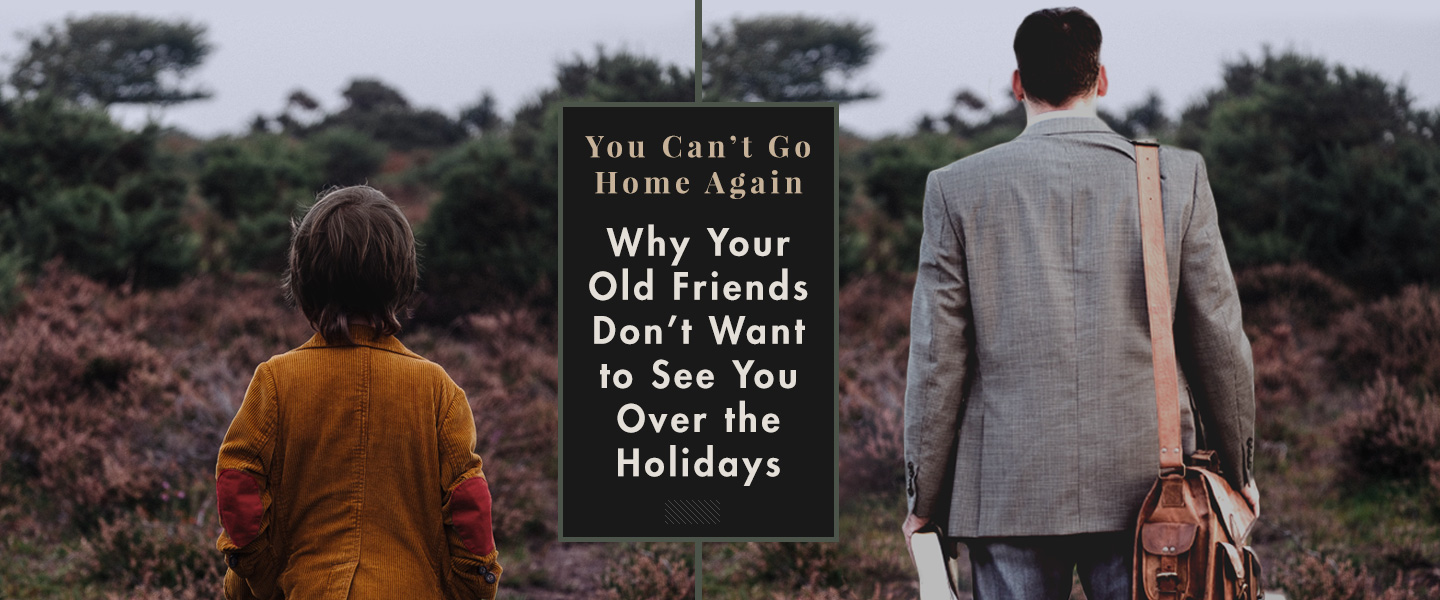
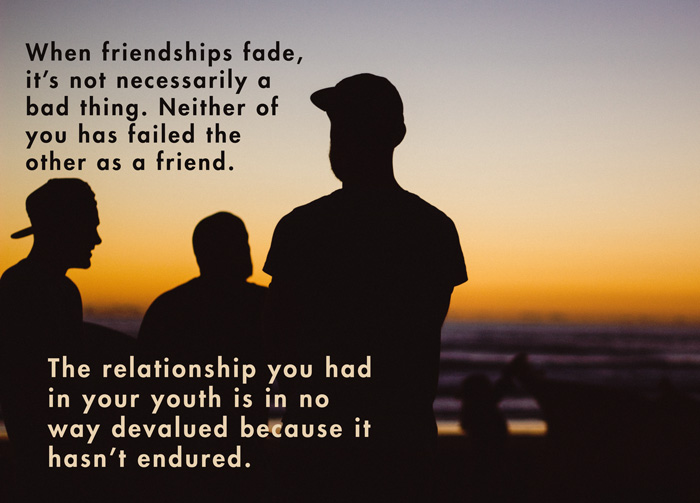
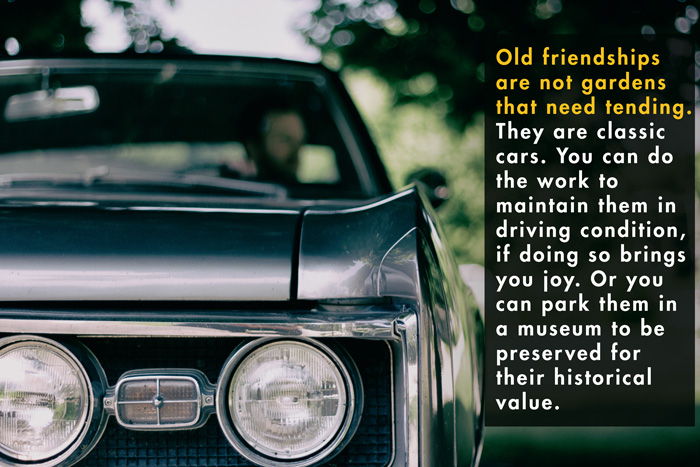




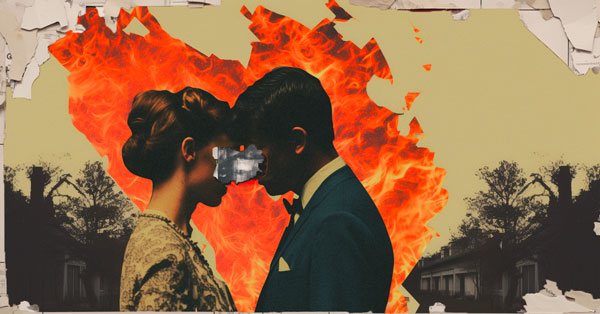



![It’s Time to Begin Again: 3 Uncomfortable Frameworks That Will Make Your New Year More Meaningful [Audio Essay + Article]](https://www.primermagazine.com/wp-content/uploads/2025/01/begin_again_feature.jpg)

